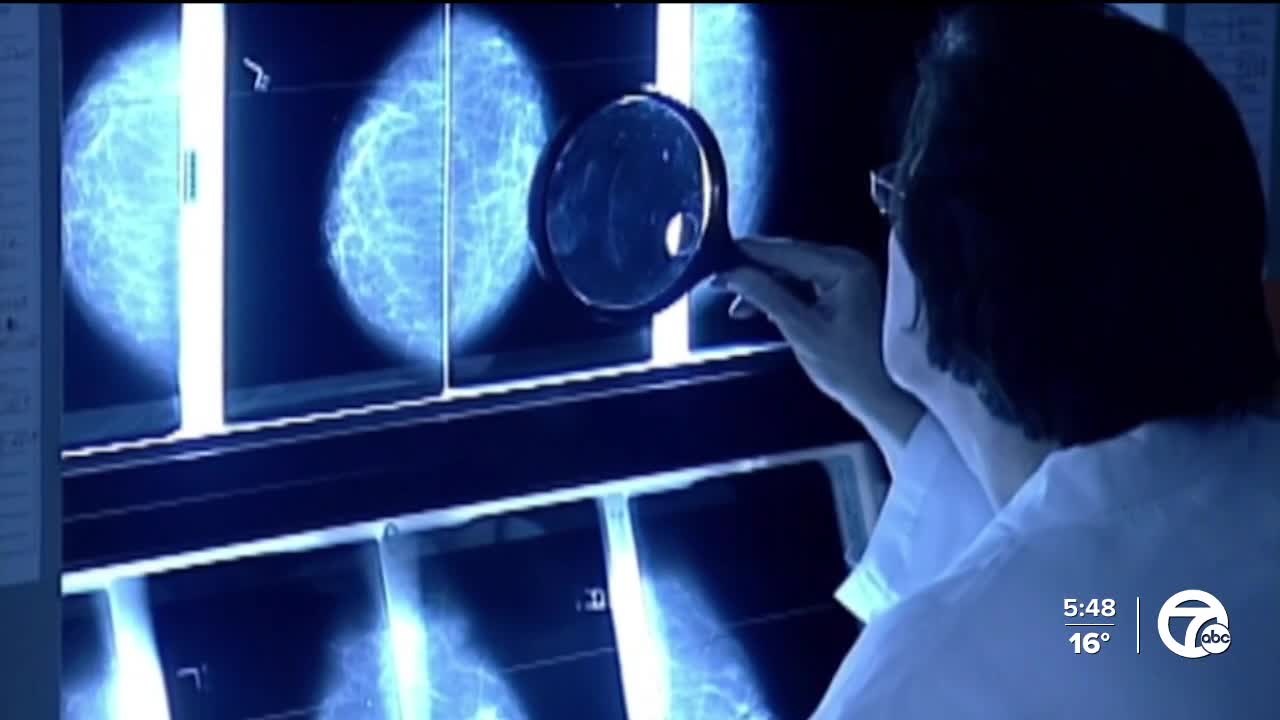(WXYZ) — In today’s Health Alert, a new report by the American Cancer Society reveals an increase in cancer diagnoses among younger adults. Those under 50 were the only age group to experience a rise in cancer diagnoses between 1995 and 2020.
It's unusual to see a shift from older to middle-aged people. I am seeing this in my practice as well - more and more younger people are being diagnosed than ever before.
As for the top cancers reported by the American Cancer Society, colon and rectal cancers are the leading causes of cancer death for men. It’s second for women, right behind breast cancer. Now, to give you an idea of how much has changed, back in the 1990’s, colorectal cancer was ranked fourth for this age group.
As for the reasons behind this shift, it's likely a mix of factors. For colon cancer, lifestyle changes like sedentary behavior, and unhealthy diets could play a role. Having said that, people who are healthy and run marathons can still get cancer. Also, environmental exposures like chemicals in food or in the air we breathe could also be a factor. Additionally, screenings typically don’t begin until age 45, yet we’re seeing cases diagnosed in younger individuals.
For breast cancer, there are also many factors. For instance, research indicates a link to a decline in fertility and the rise in obesity. Also, having changes in certain breast cancer genes, like BRCA1 and BRCA2, increases the risk. Regarding genetic mutations and family history, the American Cancer Society notes that 30% of cancer cases in those under 50 can be connected to these factors.
So, what should younger people be aware of, to help them detect cancer sooner rather than later?
First of all, don’t ignore or brush off unusual symptoms. When it comes to colorectal cancer, do not ignore bleeding. Also, talk to your doctor if you have any changes in bowel habits that last more than a few days, such as diarrhea, constipation, or narrowing of the stool. Other signs include cramping, stomach pain, weakness, fatigue, and losing weight without dieting.
For breast cancer, symptoms vary, but watch for any lumps in the breast and underarm areas, redness or scaliness of the breast skin, swelling, skin irritation, dimpling, and breast pain.
What’s also really important to know is if you have a family history of any disease. And if you do, be sure to discuss this with your doctor. That way, he or she can stay on top of screenings and recommend ways to reduce your risk.




